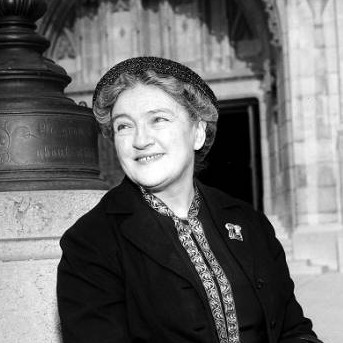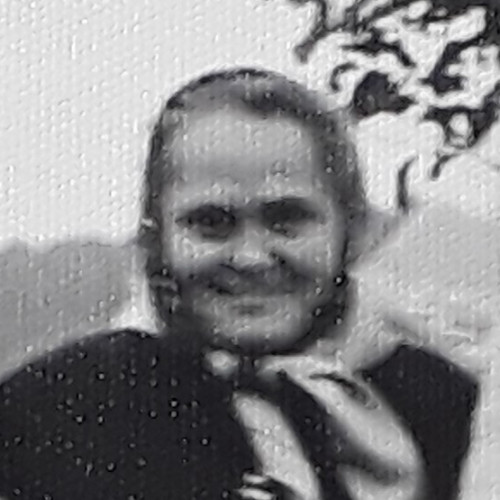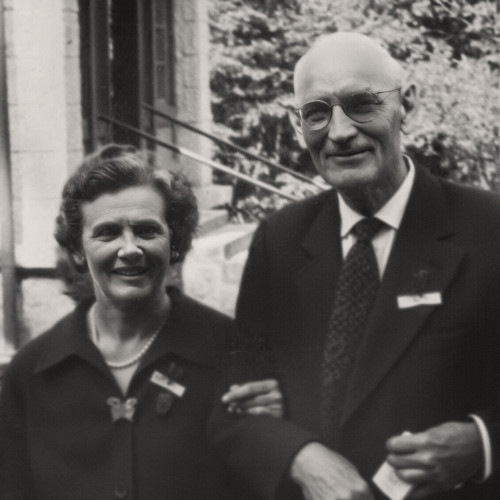Alfred Iversen - Instytut Pileckiego
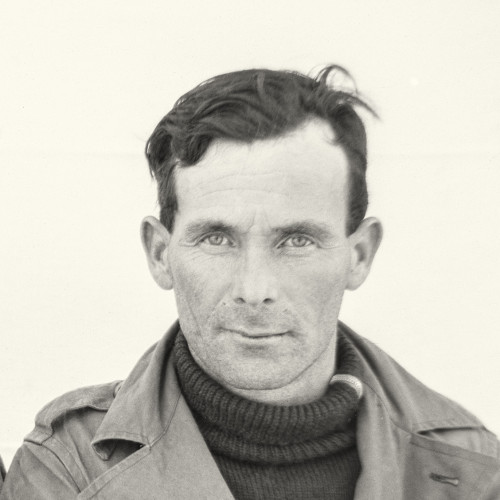
A Norwegian citizen who helped Poles, prisoners of a German forced labor camp, escape to Sweden.
He lived in the small village of Mørsvik in northern Norway and, like many other inhabitants of the area, engaged in fishing and small-scale farming. During the Second World War, a forced labor camp was set up by the Germans in Tømmerneset, near his home village. Among the inmates were Poles, who were not used to the climate of northern Europe unlike the locals. Their situation was further complicated by the harsh working conditions in the camp. Faced with such a situation, many thought about escaping. However, in order to escape and survive, it was necessary to have the Norwegians support and help them make it through the mountainous “white hell”. Among the prisoners incarcerated in Tømmerneset were Aleksander Robaszkiewicz and Stefan Kasprzyk. The men decided to escape from the camp and make their way to neutral Sweden. The expedition carried great risks for anyone inexperienced in mountain trekking, especially in unfamiliar terrain. Alfred Iversen met the Poles thanks to his daughter, who frequented the area around the camp and passed on a request for aid to her father. In April 1944, Iversen helped the Poles plan their journey. He mapped out their route, gave them approximate distances, the characteristics of the mountains in each section, identified the location of huts where they could find aplace to stay and rest, and gave them tips on the weather. In addition to this, he arranged for them to have skis, food and opened his home on the edge of Mørsvik to serve as a base camp. He also gave the fugitives his address, so that when they reached their destination, they could send him a message about the progress and completion of the operation. On 12 April, Aleksander and Stefan, on the verge of exhaustion, arrived at the Akka tourist base in northern Sweden. Not wanting to expose Alfred to punishment for having helped them escape, they decided not to inform him that they had survived. Aleksander Robaszkiewicz intended to do so years later and thank Iversen personally. At the end of the 1990s he returned to Norway, but unfortunately too late. Alfred Iversen had passed away on 25 April 1987.
The Norwegian Alfred Iversen agreed to give us the necessary guidance and advice, and consented to make our base of operations at his house on the edge of the village by a small lake. […] He looked over our equipment and found that we had no clue about what we were getting into. […] So the Norwegian described the route from memory, gave us approximate distances, detailed the mountains that marked the direction of the route, identified the location of the huts where we could find shelter and a place to rest. He repeated the details along the route with us several times like a good teacher.
He was sure of the route he had marked out and confident that we would follow it and reach our destination happily.
Aleksander Robaszkiewicz, Ucieczka przez białe piekło, Gdynia 2003
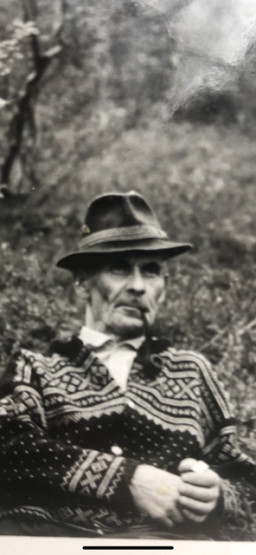
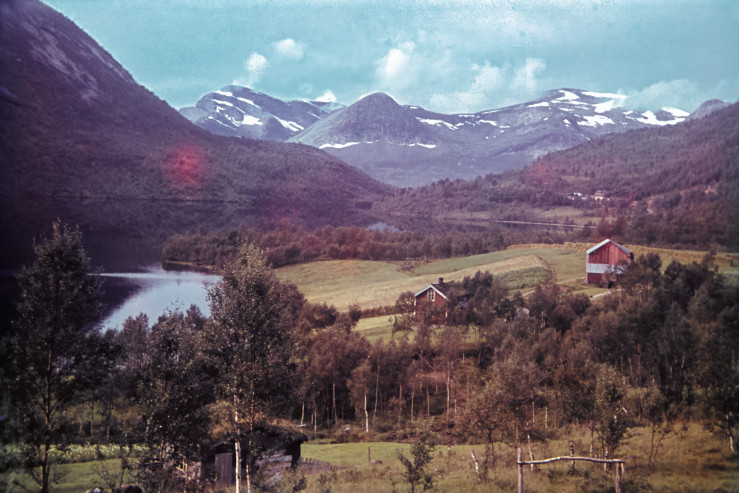
See also
- Ecaterina Olimpia Caradja (1893–1993)

awarded
Ecaterina Olimpia Caradja (1893–1993)
“Kurier Polski” published in Bucharest on 3 December 1939 was full of alarming headlines: “The Soviet attack on Finland”, “Executions and deportations.” One of them gave people hope: “Under the care of Princess Caragea. Home for mothers and chilldren.”
- Žofia Lachová (1907–1979)

awarded
Žofia Lachová (1907–1979)
The courage and selflessness of Žofia and Jozef Lach helped save many Poles and ensured that the transit route to Poland was in use until almost the end of the war.
- Berta Ludvighová (1903–1983) Otto Ludvigh (1898–1987)

awarded
Berta Ludvighová (1903–1983) Otto Ludvigh (1898–1987)
The Kežmarok house was a unique location for Polish couriers and refugees: they could rest and recuperate there, eat a meal, or obtain necessary assistance.
